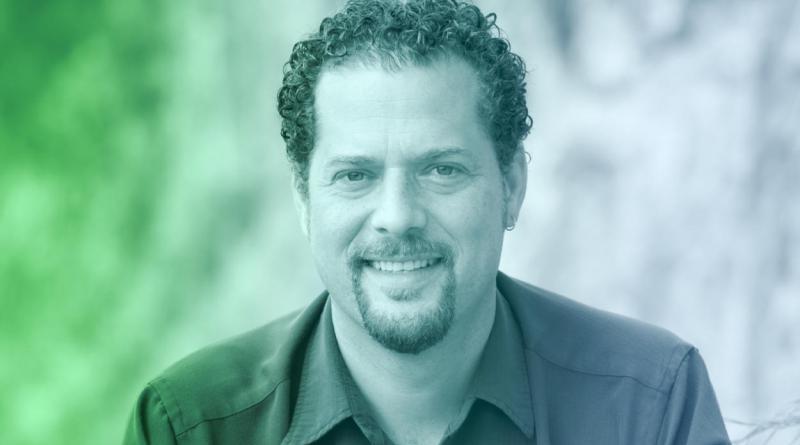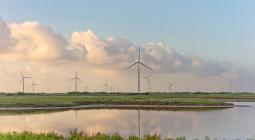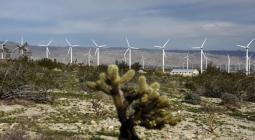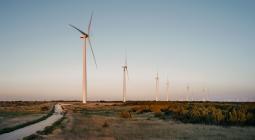Russell Gold: “Texas Has Become an Incredible Leader in Renewable Energy.”

On this week’s National Podcast of Texas, the author of ’Superpower’ outlines the state’s pioneering role in America’s transition towards fossil fuels alternatives.
From Austin, Russell Gold has reported on energy for The Wall Street Journal since 2002. His new book, Superpower, details a Houston-based effort to modernize the American energy business. It turns out that transmitting renewable energy to the people who need it is infinitely harder than producing it, and updating an outdated energy grid is tricky and expensive. Along with requiring billions of dollars in infrastructure investments, there’s often resistance on an array of fronts. As Texas Monthly characterized it in a review of Superpowerlast month, truly transforming the energy industry involves battling “ignorant politicians, self-serving utilities, short-sighted bureaucrats, and NIMBY-minded landowners, who all have done their parts to ensure our national power grid remains a balkanized anachronism.”Superpower’s primary focus is on Michael Skelly, who helped create the second-largest wind power company in the United States. His vision was to build a new power grid driven by what Gold describes as “a giant extension cord”—a massive power line to ship electricity generated by wind farms in the Oklahoma Panhandle to the eastern power grid through a connection in Memphis.
In our interview, Gold outlines Texas’s role in renewable energy, the state of the wind power business, and how much of the future of renewables hinges on the outcome of the 2020 presidential race.
*Listen here
Three takeaways from his appearance on the National Podcast of Texas:
1. Despite President Trump’s dislike of wind energy and widespread Republican denial of the science behind climate change, the GOP-led Texas legislature is considered receptive to wind and solar initiatives.
“Wind is still growing, and we’re sort of sitting right on a solar boom. And I think part of the reason is because the market’s driving this, and a conservative Texas majority would have to basically turn anti-market to really stop it.”
2. Gold believes that if the energy business shifts to 80 percent renewables, which he thinks is obtainable, it wouldn’t mean mass unemployment among workers in the traditional fossil fuel energy business.
“Jobs would shift. Coal jobs are going away right now and will continue to go away. Coal plants would go away. You’d pick up a lot of jobs—for instance, wind techs, people who climb up to the top of your turbines and make sure everything’s working fine … Skelly used to say Houston needs to wake up and embrace renewable energy … To do renewable energy, you need people who can go out and find the land. You need the lawyers. You need people who can do these big power contracts. These are all skill sets that Houston has. And if Houston is too wedded to fossil fuels, he’d say, there’s going to come a time—just as it did in the mid-to-late eighties—that the industry is on the rocks, and it will drag down large portions of the Texas economy with it.”
3. What’s a Texas energy story without Enron’s involvement? In 1997, the company launched Enron Wind Systems and became one of the country’s largest manufacturers of wind turbines.
“They were very shrewd in that they were early to realize that the key to wind turbines was building them tough. And they were making quite a bit of money. What brought Enron down? They were doing all this crazy energy trading. They were doing market-to-market accounting where they were inflating the value. Wind turbines were something you could actually put your hands on. It was one of the few hard assets that they had. And in bankruptcy, General Electric bought their business, and while General Electric’s not doing so well now, one of the most valuable parts of General Electric is their wind turbine business. They’re still one of the top three.”
July 2019
TexasMonthly




